Why Is Cat so Vocal? 6 Reasons Why Your Cat Over-Vocalizes

If your feline friend is particularly chatty, you might find yourself wondering, “Why is my cat so vocal?”
This blog post aims to demystify the reasons behind your cat’s chattiness and provide practical tips to manage it.
The Language of Cats: Understanding Cat Vocalization
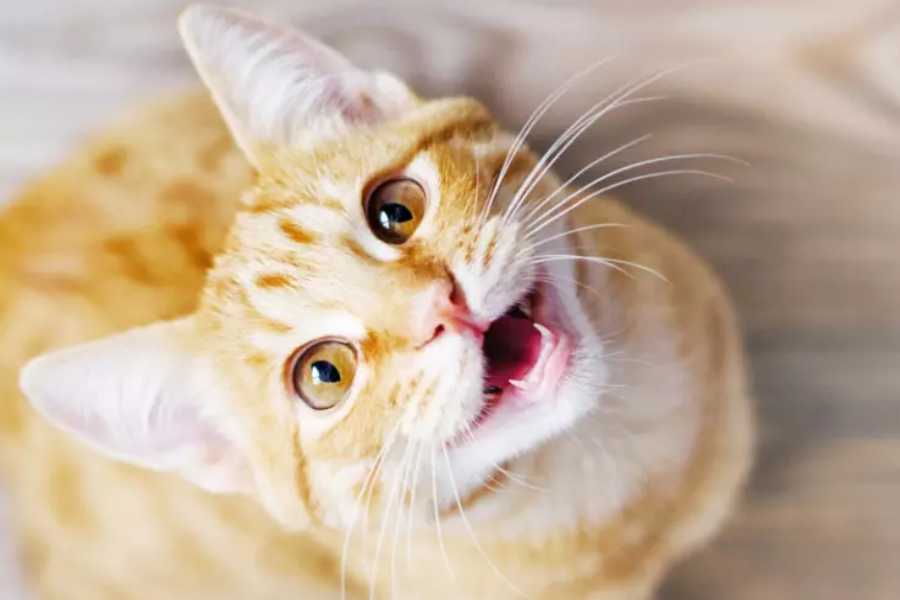
Cats communicate through a variety of methods, including body language, scent marking, and, of course, vocalization. While some cats are naturally more vocal than others, excessive vocalization can sometimes indicate an underlying issue.
It’s essential to understand the reasons behind your cat’s vocal behavior to ensure they’re not trying to communicate a problem.
The Role of Breed in Cat Vocalization
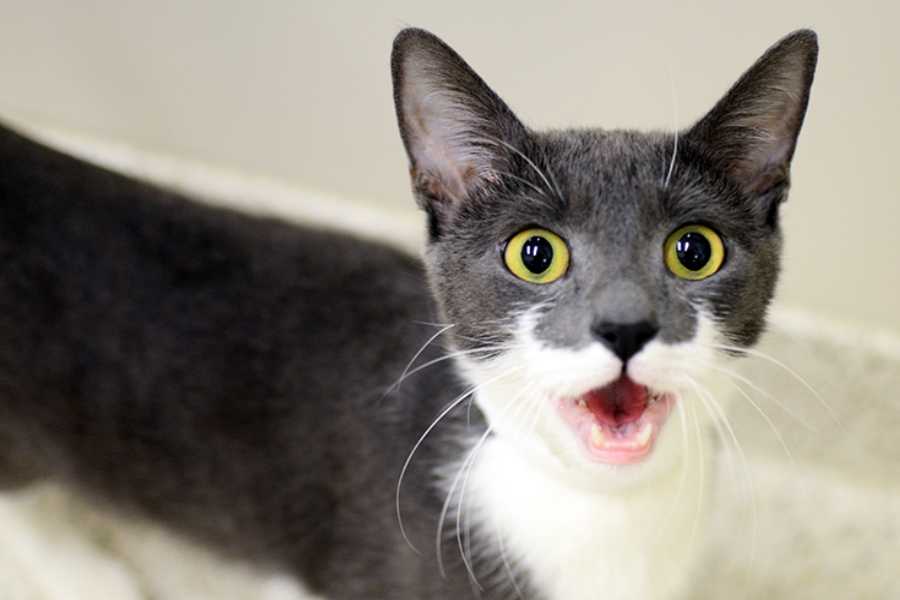
Certain cat breeds are known for their chattiness. Siamese cats and other Oriental breeds, for instance, are famous for their vocal tendencies. If your cat belongs to a talkative breed, their chattiness might just be a part of their genetic makeup.
However, even if your cat isn’t a purebred Siamese, they could still have some Siamese in their lineage, which could explain their vocal behavior. For more information on breed-specific traits, check out our article on 17 best cat breeds for first-time owners.
Medical Reasons for Excessive Vocalization
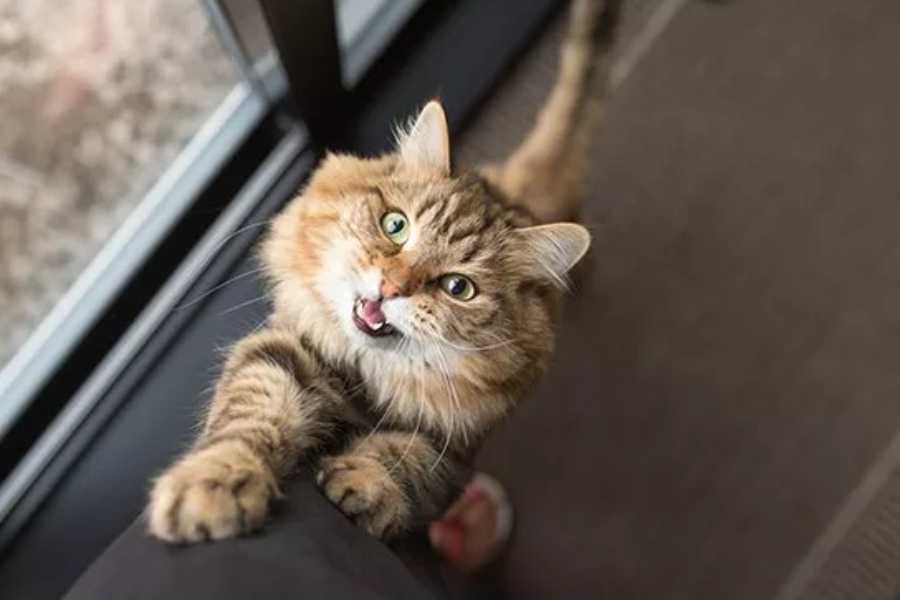
Excessive vocalization can sometimes be a sign of a medical issue. If your cat suddenly becomes more vocal than usual, it’s crucial to rule out any potential health problems. Pain or discomfort can cause a cat to meow more than usual. If your cat’s behavior changes abruptly, it’s always a good idea to consult with a vet.
Cognitive dysfunction or decline in older cats can also lead to increased vocalization. If your senior cat suddenly becomes more vocal, especially during the night, it could be a sign of cognitive issues.
There are medications and supplements available that can help manage these symptoms, so it’s worth discussing with your vet if you notice these changes. For more information on cat health, read our article on 21 warning signs your cat is crying for help.
Environmental Changes and Stress
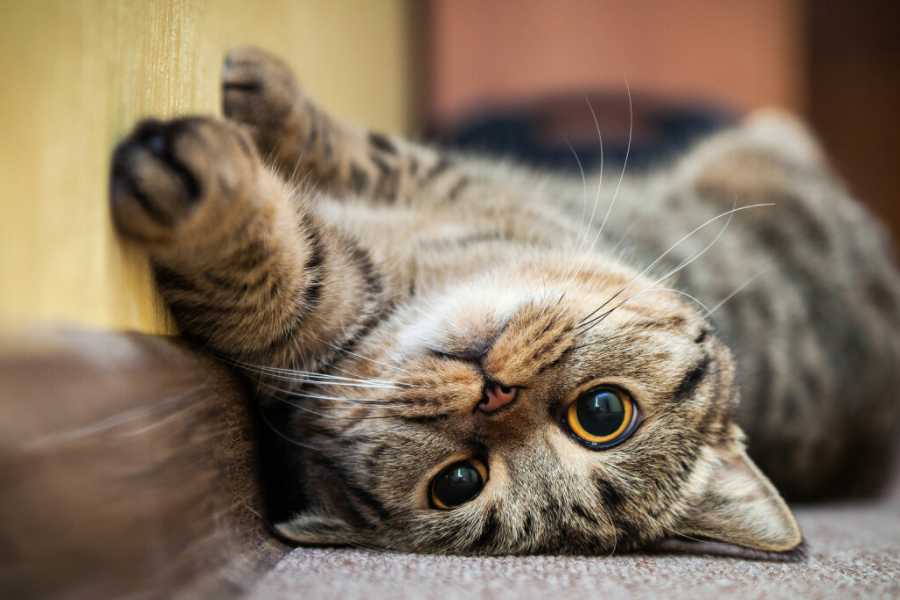
Changes in your cat’s environment can also lead to increased vocalization. If you’ve recently moved, introduced a new person into your home, or changed your daily routine, your cat might respond by becoming more vocal. Cats are creatures of habit, and changes in their environment can cause stress, which they might express through vocalization.
To help your cat adjust to these changes, try to maintain as much consistency as possible. Keep their favorite items, like scratching posts, beds, and litter boxes, readily available. You can also try to create positive associations with the new changes or people by associating them with treats or playtime.
Attention-Seeking Behavior
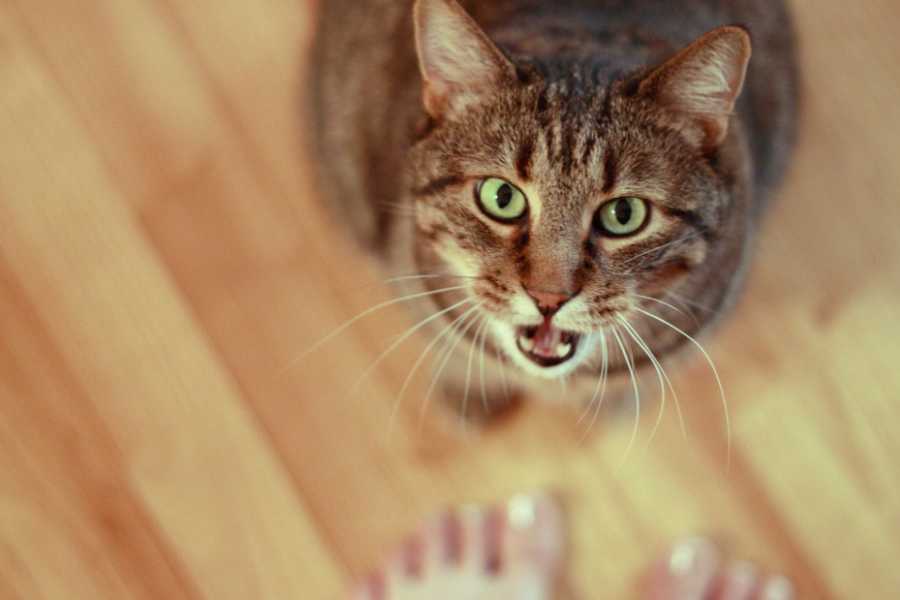
Some cats become vocal as a way to seek attention. If your cat tends to meow a lot when you’re around, they might be trying to engage with you. While it’s important to spend quality time with your cat, it’s also crucial not to reinforce excessive vocalization by giving them attention every time they meow.
Instead, try to reward your cat when they’re quiet to encourage more desirable behavior. For more insights into cat behavior, check out our article on why do cats smurgle? What is kneading?.
Boredom

Boredom can also lead to increased vocalization in cats. If your cat doesn’t have enough to do, they might resort to meowing to keep themselves entertained.
To prevent this, ensure your cat has plenty of stimulating activities throughout the day. This could include playtime with you, interactive toys, puzzle feeders, or even “cat TV” - a view of the outdoors where they can watch birds and squirrels.
No Discernible Reason
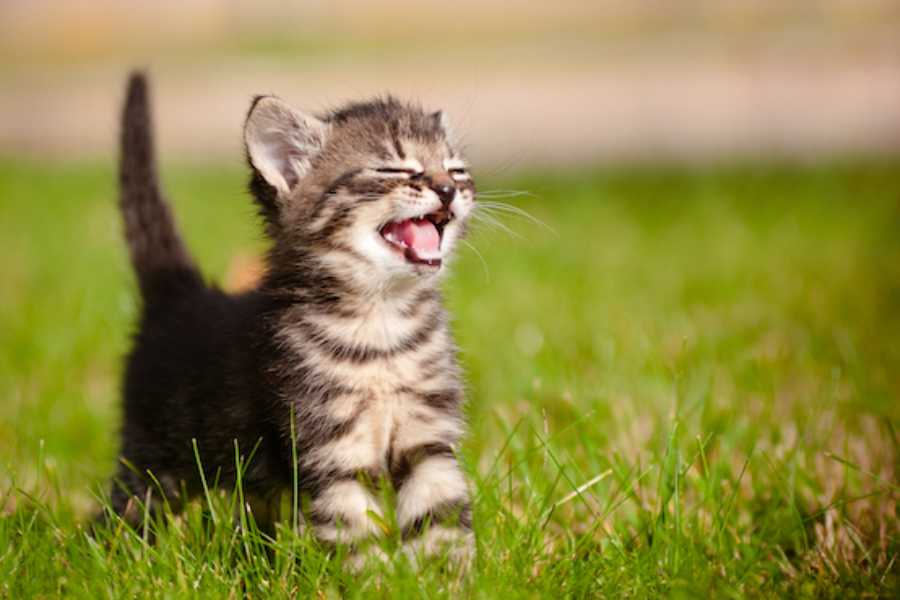
Sometimes, despite your best efforts, you might not be able to figure out why your cat is so vocal. Some cats are just naturally more talkative than others, and their chattiness is simply a part of their personality.
If you’ve ruled out medical issues, environmental changes, and other potential causes, your cat might just be a “chatty catty” with a lot to say!
Wrapping Up

Understanding why your cat is so vocal can help you better meet their needs and strengthen your bond with them. Whether your cat is a chatty breed, seeking attention, or just has a lot to say, remember that their vocalizations are a form of communication. By listening and responding appropriately, you can ensure your cat feels heard and understood.
For more insights into your cat’s behavior, check out our other articles on pawsadviser.com, such as why my cat has watery eyes and do I need to visit a vet, what does cat do when in heat, and why cat can see in the dark: the secret of feline night vision.
Remember, every cat is unique, and what works for one might not work for another. Always consult with a vet if you’re concerned about your cat’s behavior or health. Happy cat parenting!
Tags
Share
Table Of Contents
Related Posts
Quick Links

